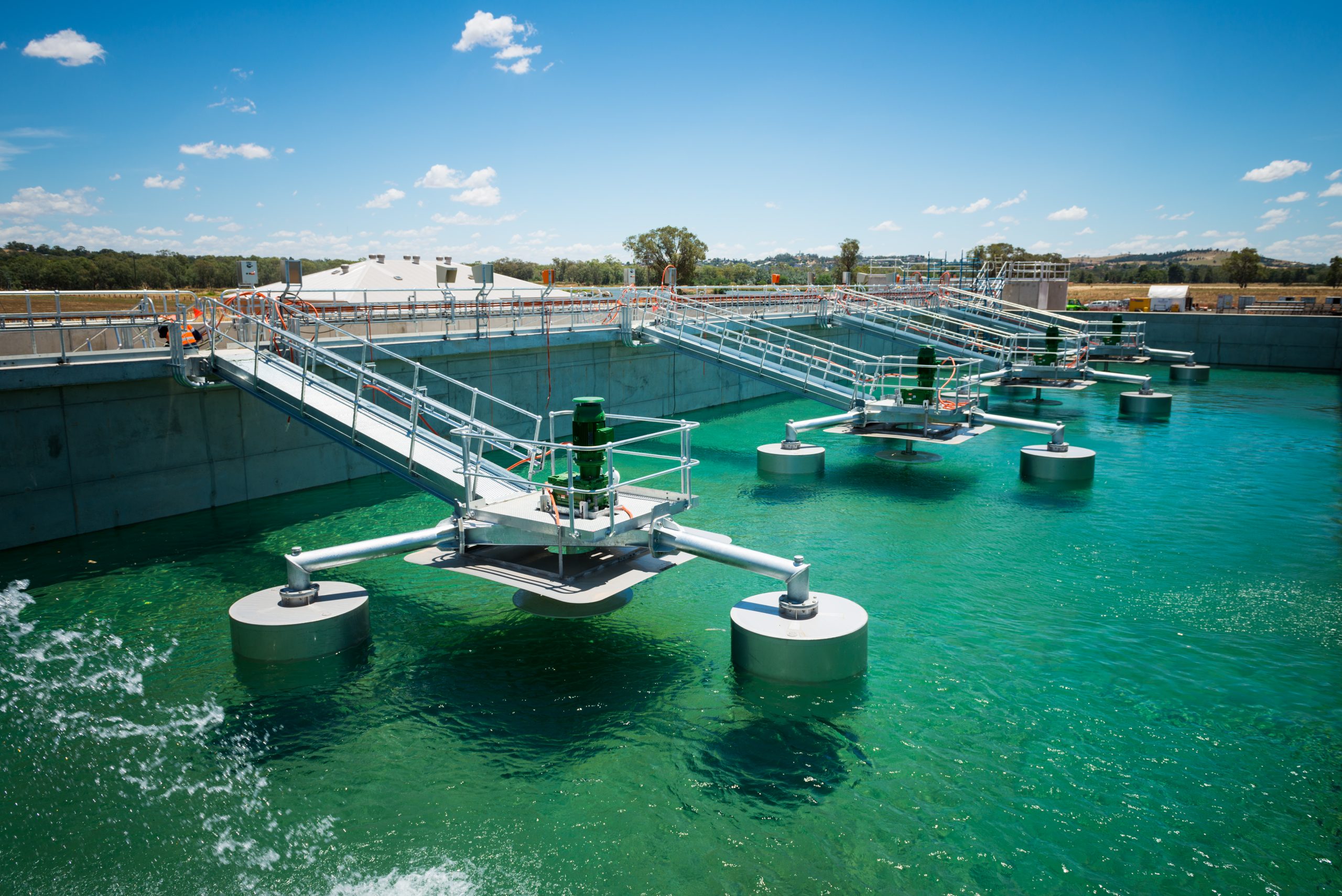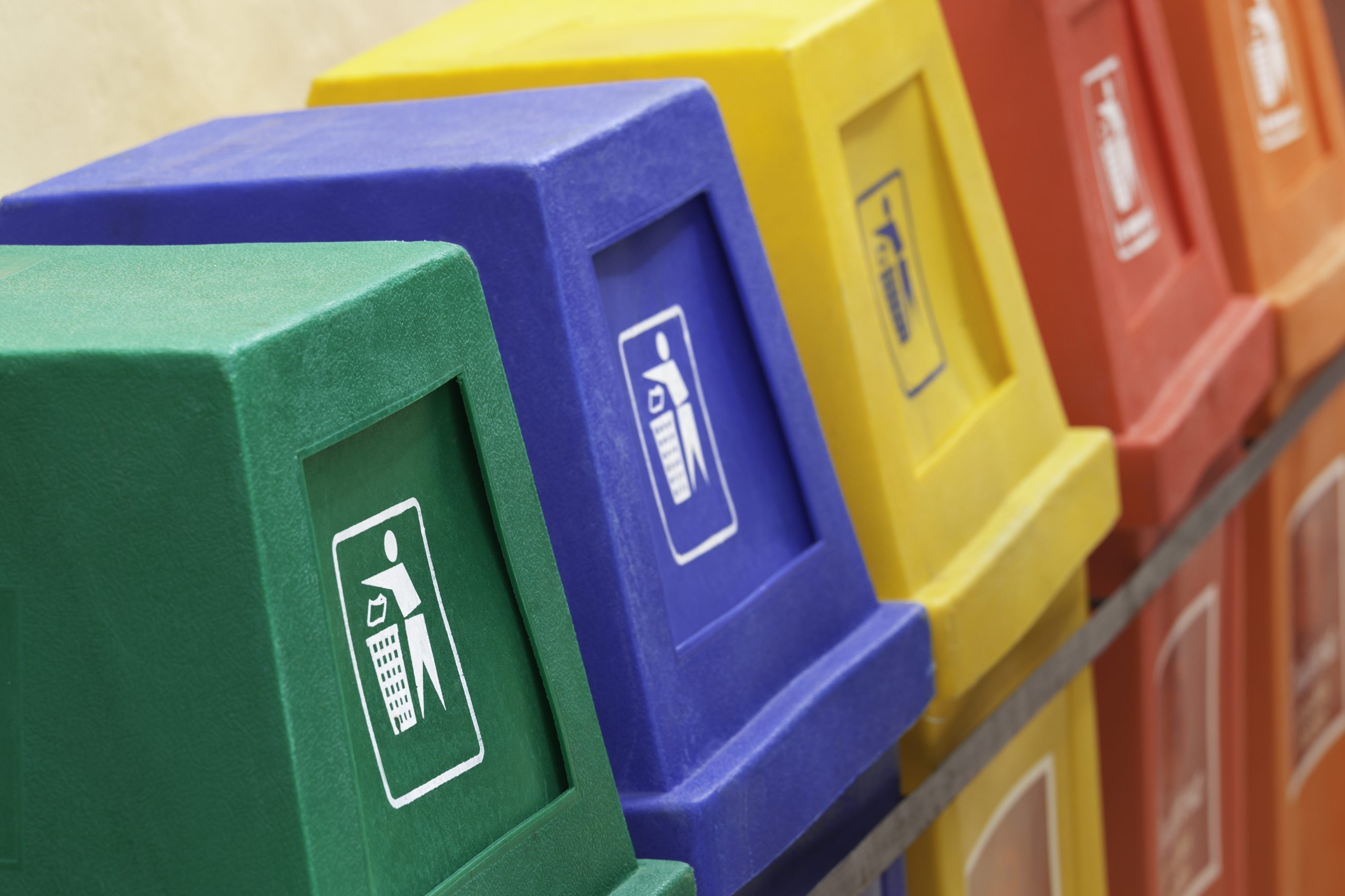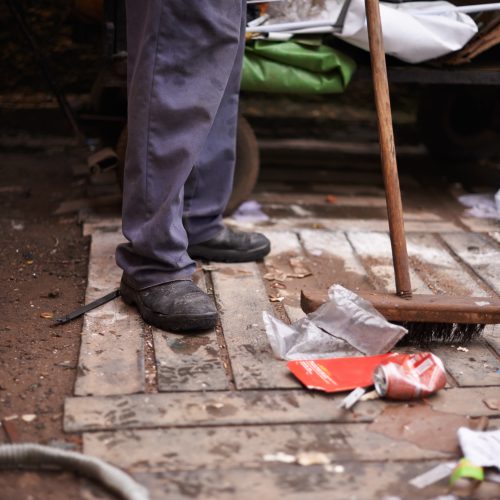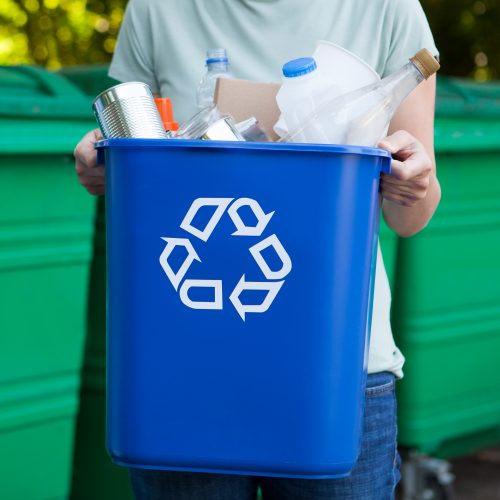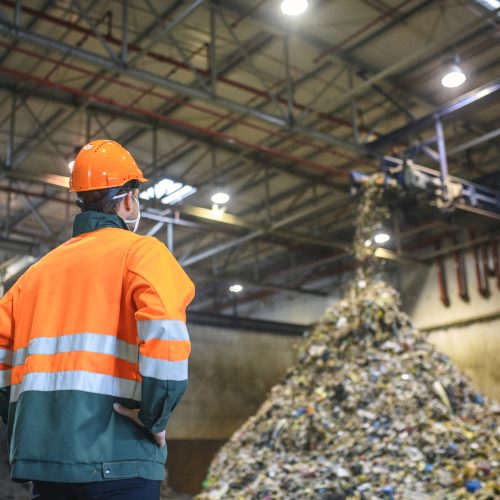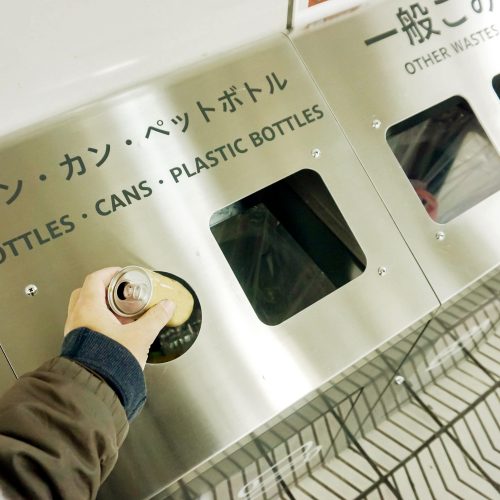Context and policy overview
Despite its rich and diverse resource base, South Africa relies heavily on fossil fuels, has high rates of landfill use and suffers water scarcity. In Cape Town, the Western Cape industrial symbiosis programme (WISP) seeks to address these issues by providing a free facilitation service that promotes the reuse and recycling of industrial waste. The programme covers materials, water, energy, staffing and expertise, and other assets. Its overarching aim is to contribute to the circular economy.[1][2]
The sharing of resources enables businesses to reduce costs and boost profits; improve operational efficiency; introduce new revenue streams; learn from one another; operate more sustainably; and divert waste from landfills.
The WISP was inspired by the UK’s national industrial symbiosis programme (NISP), which successfully proved that reutilising underused resources across industrial and commercial waste improved the environmental impact of companies.[3]
Implementation
The WISP was set up by the Western Cape government and delivered by the non-profit organisation GreenCape, with technical support from the city of Cape Town and financial support from other partners. GreenCape seeks widespread adoption of green economy solutions. The WISP helps to engage local businesses, improving their understanding of the content and potential uses of waste streams which in turn helps to identify underutilised resources.[4]
Connections were made between nearly 500 participating companies via workshops led by the city and GreenCape and through the use of an online database, SYNERGie™.[5] When connections are made between firms, the WISP supports the exchange of resources and the communication between the relevant actors. Feedback to the WISP is encouraged in order to improve matching and to ensure strong social, environmental and financial impacts for all parties involved. Emission savings that result from the scheme are calculated using an international standard carbon calculator that has been developed for the purposes of the programme.
By way of example, the WISP successfully matched the marketing company Scan Display with the specialist manufacturing firm Sealand Gear. This helped the former to avoid disposing of single-use conference display stands and banners, instead diverting them to Sealand Gear which used the products to make bags and clothing. The long-term relationship between these two firms helped to avoid two tonnes of landfill waste and delivered financial savings to both companies. Sealand Gear saved ZAR 270,000 (€14,000) per year on raw materials and Scan Display saved ZAR 900 (€50) per year in landfill gate fees.[6]
Barriers and critical success factors
Despite its overall success, the project faced challenges including regulatory issues (the reuse or recycling of waste materials, for instance), the cost of transport and logistics services, a lack of demand for secondary materials and additional capital investments. It also faced a difficult enterprise development process and lack of large-scale solutions for dealing with waste composite materials, bio-waste, textiles and wood.[7]
Factors that helped to overcome these issues and make the project successful include GreenCape’s reputation as a reliable and trusted NGO with no hidden agendas, the use of partnerships to tap into networks and the contribution made by International Synergies, a firm whose experience in industrial symbiosis helped to demonstrate the value of this approach.
Government funding was also instrumental in facilitating the development of the free-to-use WISP service.[8]
Results and lessons learned
The WISP operates across several industries, allowing greater scope for the reuse of materials and delivering a range of benefits such as:
- 27,000 tonnes of waste diverted from landfill, thus saving 45,000 tonnes of greenhouse gas emissions over a five-year period.
- income and savings and private-sector investments totalling ZAR 43 million (€2.8 million equivalent)
- the direct creation of 25 jobs and a further 118 indirect jobs
The programme has also inspired and influenced other industrial symbiosis programmes across South Africa’s provinces, including in KwaZulu Natal and Gauteng. The WISP is seeking further expansion.



